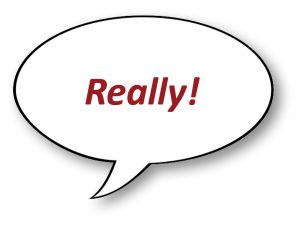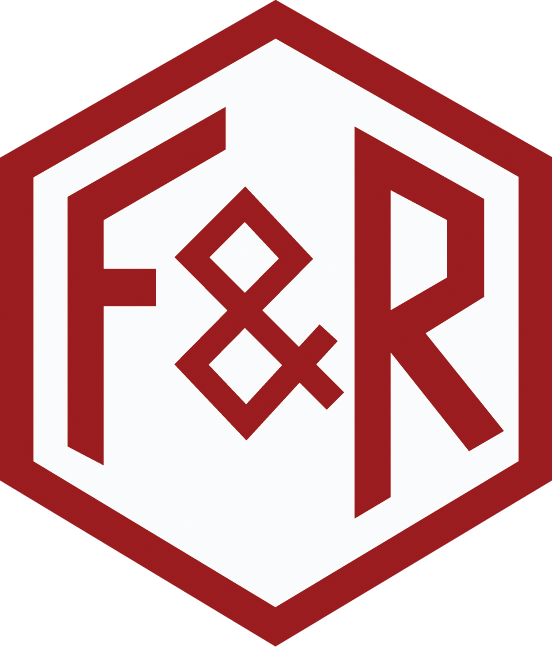
CONFLICTING: ASTM C90 Specifications, TMS Masonry Code & IBC
If the special inspection firm on a project is sampling and testing concrete masonry units (CMU), as they must because the CODE requires it, conflicting masonry acceptance criteria between ASTM C90 and the masonry code (TMS 402/602) can cause major headaches! Depending on the jurisdiction you are in, the CMU acceptance criteria tends to be conflicting in many categories (like CMU individual compressive strength, f’m design strength and web thicknesses).
Practically all of the jurisdictions throughout the Mid-Atlantic region have adopted the IBC 2015 or IBC 2018 codes. IBC 2015 adopts the TMS 402/602-2013 masonry code while IBC 2018 adopts the TMS 402/602-2016 masonry code. The role of the TMS masonry code becomes important because IBC incorporates the TMS 402/602 masonry code in its entirety and the TMS code takes precedence over all of the conflicting acceptance criteria between TMS and ASTM C 90. So – at the risk of being slightly redundant, when performing all of the numerous laboratory tests on masonry block in the laboratory, do not worry about the ASTM C 90 acceptance criteria that conflicts with TMS 402/602; because the TMS 402/602 code takes precedence over the conflicting ASTM C 90 data. This means the minimum individual CMU compressive strength is 2000 psi, the minimum compressive strength of the masonry system (f’m) is 2000 psi, and the minimum web thickness is ¾ inch (8”and 10” equivalents). This does not mean that all of the acceptance criteria listed in ASTM C 90 is not important; there is a lot of pertinent acceptance criteria in ASTM C 90 that the TMS 402/602 masonry code does not even address and on these items – ASTM C 90 rules.
Always remember that the project construction documents can (and often does) set forth more stringent requirements than is required by the IBC code OR the IBC reference codes and standards. When this happens, the construction document requirements are enforceable.
IBC Chapter 17, Section 1705.4 Masonry Construction. Special Inspections and tests of masonry construction shall be performed in accordance with the quality assurance program requirements of The Masonry Society (TMS).
TMS 402 (Code) and TMS 602 (Specifications)

But Wait, We Have a Lot More to Say!
CODE issues got you cracking up? For a complete picture of the Code and how it relates to Special Inspections, F&R would love to provide an AIA accredited Lunch & Learn presentation to the professionals at your firm. Contact Alan Tuck for more details at: atuck@fandr.com


